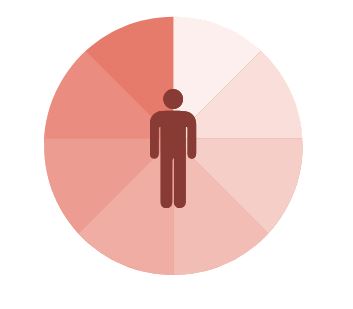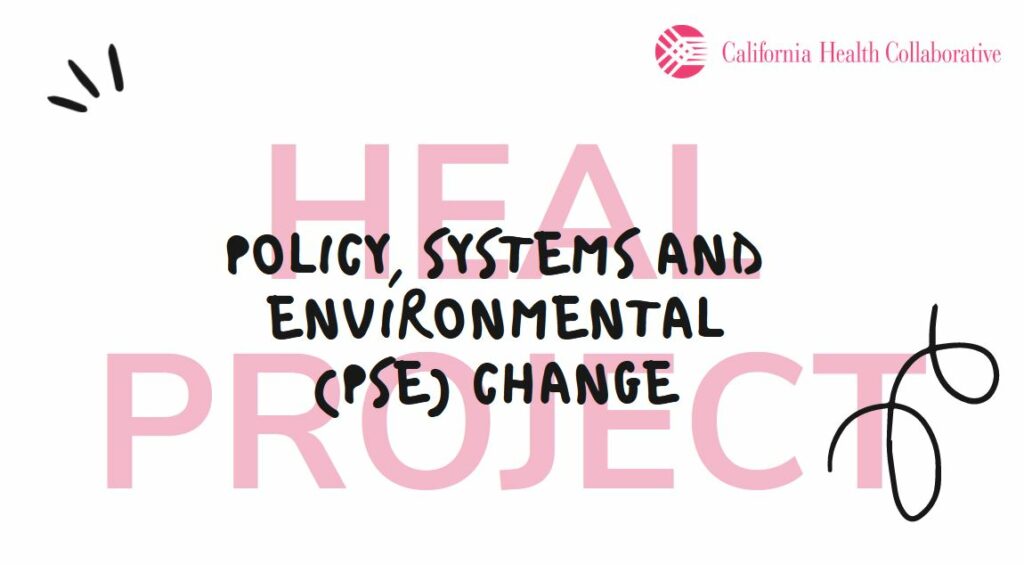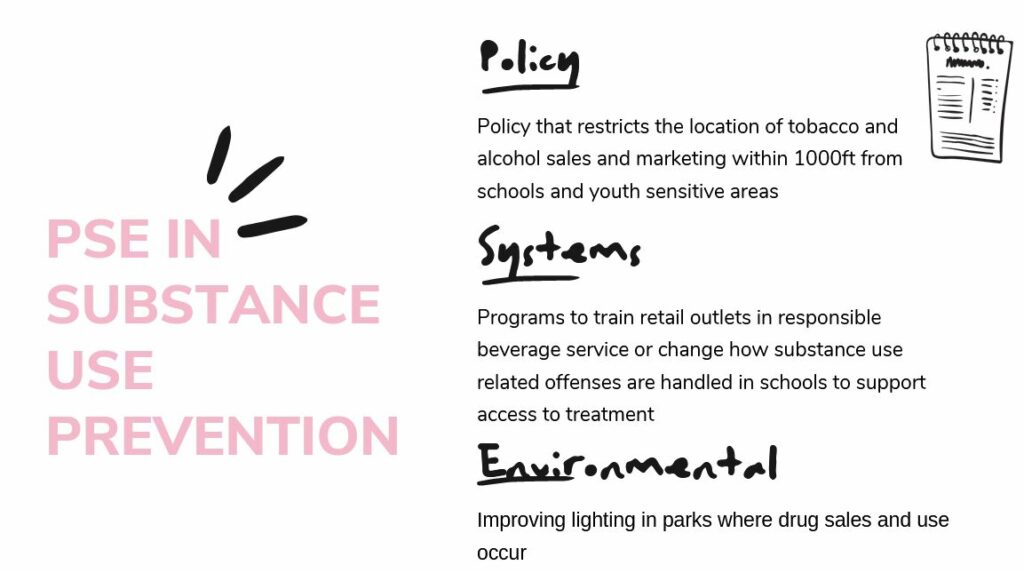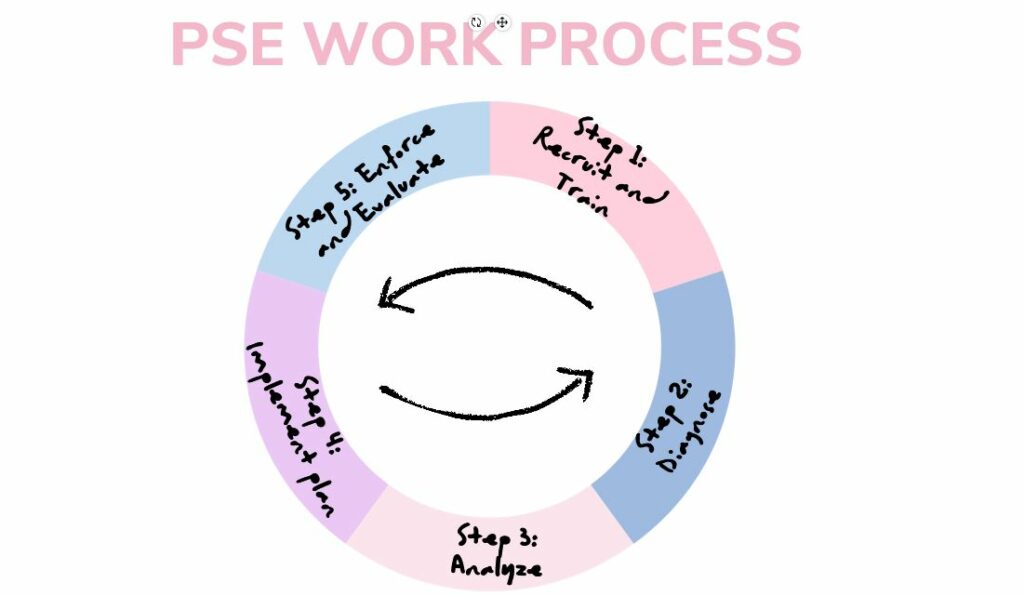
Healing, Equity, Advocacy & Leadership (HEAL) Project
Who We Are
HEAL aims to promote healthy behaviors and environments as a substance use prevention strategy for Latinx & Black Youth.

Reduce 30 day substance use among 9th grade Latino students
Reduce drug related suspensions by Hispanic/Latino and African American students
1) Healing Circles
- Provide the space to heal, share, and build relations
2) Youth Coalitions
- Engage youth in advocacy, leadership, and peer to peer education
3) Art Engagement
- Engage youth in the arts as a tool for advocacy, expression, and connection
4) Youth Advocacy Summit
- Peer to Peer engagement and leadership development
Youth Coalitions
Establish Youth Leadership Coalitions (YLC) in Visalia high schools for African American and Latino youth to engage with their peers in the development and implementation of community solutions surrounding social justice issues, including the disproportionate suspension of African American youth and the high number of alcohol and tobacco retailers in communities of color
Art Engagement
With the support of local Latino and African American Art Ambassadors, engage Latino and African American youth in art expression, such as painting/graffiti art, spoken poetry, and rap/song and host an annual art showcase around the topics of social justice and health equity.
Youth Advocacy Summit
Support Latino and African American youth leaders annually in organizing and leading an Annual Summer Youth Leadership Summit for Latino and African American youth each year in support of building resiliency, enhancing leadership skills and engaging youth in discussions on how to improve their communities
This project is funded by Elevate Youth California. Elevate Youth California is funded by State of California’s Department of Health Care Services through the Proposition 64 Youth Education, Prevention, Early Intervention and Treatment Account and is administered by The Center at Sierra Health Foundation.
Resources
RESOURCES
INSTAGRAM POSTS
@HEAL.PROJECT
PSE









![Feagin defines systemic racism in the introduction to "Racist America: Roots, Current Realities, and Future Reparations": "Systemic racism includes the complex array of antiblack practices, the unjustly gained political-economic power of whites, the continuing economic and other resource inequalities along racial lines, and the white racist ideologies and attitudes created to maintain and rationalize white privilege and power. Systemic here means that the core racist realities are manifested in each of society's major parts [...] each major part of U.S. society - the economy, politics, education, religion, the family - reflects the fundamental reality of systemic racism." Swipe to learn more about how you can seek justice and stop the harmful practices of the tobacco industry. Citation: NPR Morning Edition, What Systemic Racism Means and the Way it Harms Communities, July 2020](https://healthcollaborative.org/wp-content/uploads/2022/08/2-2.png)


![Mail letter to: City of Visalia Planning Commission Attn. Susan Currier 315 East Acequia Avenue Visalia, CA 93291 Email: susan.currier@visalia.city (by May 24th at 4pm) Template: My name is [blank] and I am a (parent, student, community member, etc.). I do not support the decision to allow a smoke shop, PRD Cigarettes, to operate around 500 feet away from Houston Elementary School or other youth-sensitive spaces. [Include your reason for your stance above, and sign your name.]](https://healthcollaborative.org/wp-content/uploads/2022/08/5-1.png)